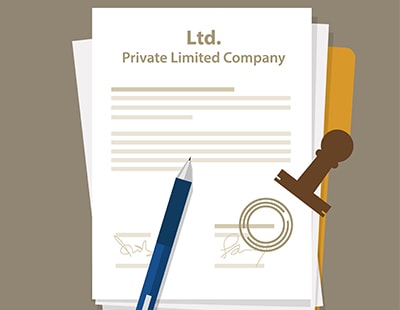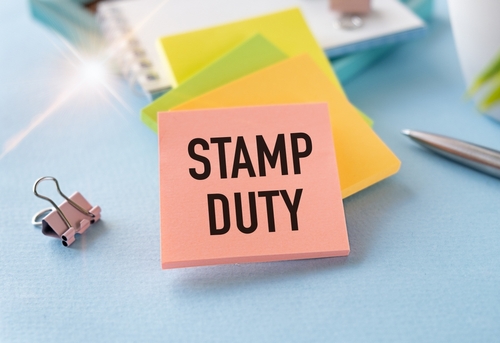
If interest rates rise by just 2.5% over the next four years, the average investment property could make an annual loss of £325, according to new research.
Property crowdfunding site Property Partner says that if interest rates rise by 2.5% then, coupled with changes to mortgage interest tax relief, many buy-to-let investors could find themselves in debt.
It researched over 100 of the UK's largest towns and cities to see what impact interest rate rises, as well as the incoming tax changes, would have on local buy-to-let markets.
The study took an average property, let out at a rent typical of the area and assumed the property was mortgaged with a 60% LTV buy-to-let loan, fixed for three years at 3%.
On a national basis, Property Partner reports that the current average annual profit on a buy-to-let property is £3,419, but that figure would fall to £2,555 by 2020, as a result of the phasing out of mortgage interest tax relief.
If, on top of this, interest rates were to rise 2.5% by 2020, the average buy-to-let would be making a loss in more than two thirds of towns and cities, with an average loss of £325 per year.
Salisbury would be the worst affected area, according to the report, with the average landlord suffering a swing of £5,184 if rates rise by 2.5% and taking the cuts in mortgage tax relief into account.
Chichester, Truro, Cambridge and Lichfield are other areas in which landlords would suffer significantly.
"The phased withdrawal of mortgage interest tax relief will be felt across the country, but add in a modest interest rate rise, and many investors will see their rental profits completely wiped out,” says Dan Gandesha, Property Partner's chief executive.
He says that when factoring in next month's stamp duty surcharge on buy-to-let purchases, 'direct investment in buy-to-let no longer adds up'.
“Traditional landlords from Land’s End to John O’Groats need to face up to the stark reality. In a few years, the whole structure of the UK housing market will have changed,” he adds.









.png)










Join the conversation
Be the first to comment (please use the comment box below)
Please login to comment